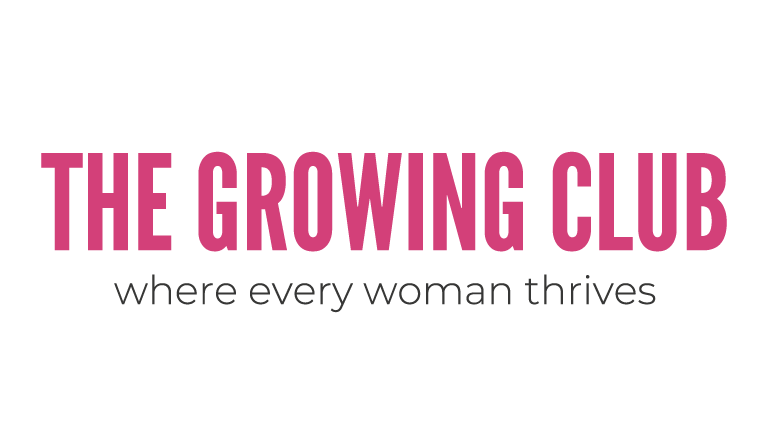Breaking Down Barriers for Neurodivergent Women in the Workplace
We are thrilled to announce that The Growing Club has been awarded funding from Rosa’s Voices From the Frontline to launch a research campaign focused on neurodivergent women. Our aim is to examine the impact of late diagnosis on neurodivergent women, and the barriers they face in education and employment.
What is neurodiversity? It refers to the idea that our brains are wired differently. Neurodivergent people process information and experience the world differently from the typical person. This diversity of neurological functioning is a natural and valuable part of human variation. However, it can also mean that some people require additional support to help them manage day-to-day challenges.
Unfortunately, neurodiverse women often struggle to receive the support we need. The diagnostic criteria for neurodivergent conditions are based on how they are presented in men, which means that many women’s support needs are not recognized. This can lead to difficulties in daily lives, as women may not recognize their own challenges, and employers may not be providing the necessary assistance to help them succeed in their roles.
The Growing Club is all about women recognising and using their skills and so we are calling on neurodivergent women to share their experiences and views. Through interviews, focus groups, and questionnaires, we aim to gather as much information as possible about the effects of unequal access to knowledge, late diagnosis, and further barriers in the workplace.
Recent statistics show that in the UK, there are 5 million people who consider themselves to be neurodivergent, but only 120,000 have been diagnosed. This lack of diagnosis is a significant issue, particularly for women. For example, 80% of autistic women remain undiagnosed at age 18, and the average age at which women obtain ADHD diagnoses is in their 30s, whereas for men it is 7.
Delayed diagnoses can lead to significant mental health issues, with women finding themselves with unhelpful coping strategies and experiencing burnout.
Neurodiversity in women is poorly understood, as it has long been thought of as a male issue. This is untrue, and The Growing Club is committed to raising awareness and promoting equal opportunities for neurodivergent women. We are campaigning towards having a better understanding of neurodiversity in women and improve resources and support for neurodivergent women.
If you identify as neurodiverse, with or without a diagnosis, please get in touch with Megan or call our offices at 01524 383846.We are super excited to work with neurodivergent women to create a more inclusive and supportive society!
We will be doing an event on the 23rd November, where we will launch the findings from this project at the Health Innovation Campus, where we will be inviting both employers and neurodiverse women to talk together about employers’ role in supporting neurodiverse women.
The Growing Club designs and delivers employment and enterprise skills training and support for women. For more information email Rebecca.
Picture credit: Julia Yates of Lancaster Creative Counselling and one of The Growing Club’s trainers



Add a Comment